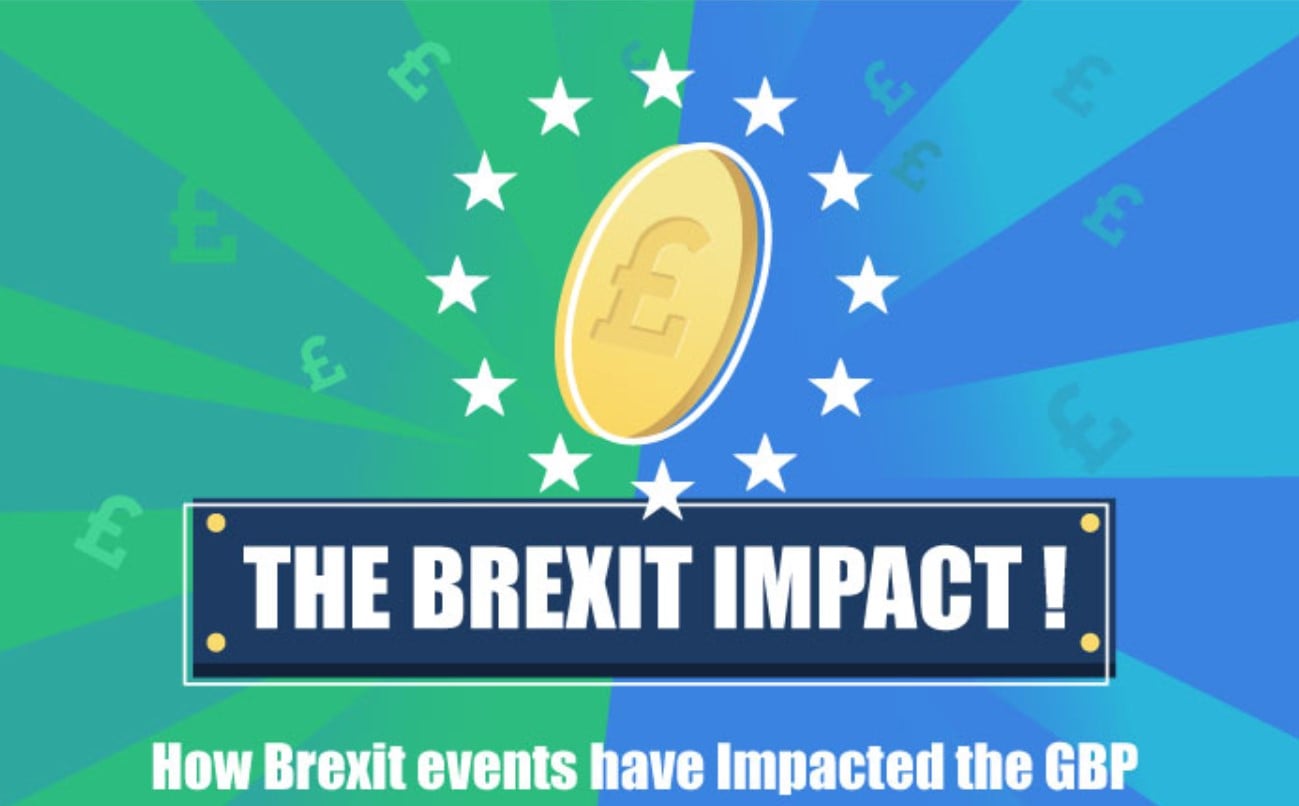The political environment gives businesses and individuals the ground to grow successfully and develop trading partnerships. This, in turn, promotes business growth and increases the number of opportunities. However, many political events such as Brexit can impact the economic situation in the country, directly impacting the trading abilities of everyone involved.
Many businesses and individuals are generally not concerned by the ‘politics’ behind political events but are more concerned with the consequences and economic implications that in turn drive economic growth. Political events that consequently stimulate this growth to attract investors to invest in areas that will return the highest yield.
Q2 hedge fund letters, conference, scoops etc
For the most part, major political events are a risk that drives price volatility. Political risks tend to influence market dynamics in a number of industries and sectors. Given that political events can affect multiple markets, they are considered a ‘market risk’ influencing the pricing of currencies and other assets.
The modern approach of a globalised economy directly interconnects with politics as these events are easily echoed into the world. During times of political volatility, it is important to understand and monitor the changes in the events, to be able to find the opportunities for short, medium and long term strategies.
How Brexit has Impacted the GBP
Brexit is the primary example of a political event that drives substantial risk to businesses and individuals. No matter on what terms Britain leaves the EU on, Brexit will have an impact on trade and relations between the UK & the EU. This impact will drive uncertainty in the market and increase volatility for traders.
Considering the uncertainty of the events, businesses and individuals are trying to minimise the risk by diversifying their projects and investments. Furthermore, some investors take the uncertainty of Brexit events even further, delaying their investments, not investing at all or disinvest completely.
Below is a graphic representing the impact that Brexit events had on the value of GBP so far:
Infographic provided by MoneyTransfers.com
As displayed above, various Brexit events had an impact on the value of the GBP. The referendum vote resulted in several structural changes causing some senior officials to resign. These had an impact on the value of GBP right from the start, causing the Pound to fluctuate a lot, reaching one of the lowest points in its history, as represented in the graph.
With Brexit coming to a close, recent events caused the pound to fluctuate even further, resulting in more uncertainty for domestic as well as international investors.
British and international demands are directly tied to the value of the GBP. This means that the more the pound is worth, the more Brits can spend abroad, invest and trade. On the contrary, the less it is worth the more internationals can spend in the UK (as the value of their currencies will be worth more).
However, the value of the pound does not mean an increase in international traders and investors because other factors such as trade deals, relationships and legislation should also be considered.
The Brexit impact on UK industries
Brexit has had an impact on several industries, including:
- Housing & real estate
- Travel and tourism
- Forex and financial trading
- Online businesses
- Importers and exporters
- Automotive industry
The real estate market has already been hit by the decision to leave the EU on June 23rd. The UK real estate ETF immediately slumped by more than 7% post-referendum as the UK becomes less attractive for European businesses and individuals. This implies that the political events cause lower demand for the market, despite the unchanged quality of the actual houses and commercial estate.
Regarding real estate, the latest forecast published by the Investment Property Forum (IPF) outlined that most investors expect an average return to decrease and slow down, moving capital values in the negative trajectory. Total returns on investment are expected to decrease from 6.2% to 3% in 2019. Even in the case of “no-deal” Brexit, values are expected to fall by 5%-9% over two years.
Looking at the trade partnership between the UK and EU, Brexit could damage the relationship that has been established over time between the UK and its biggest trade partner. Taking into consideration the UK's historical trade deficit, any further changes would deteriorate the market. This means that fewer euros will be spent to purchase the UK goods, causing lower net demand for the pound leading to a long term depreciation in the value of the GBP/USD.
What could the future impact be on the GBP?
The future of the GBP price is uncertain as Brexit events had not been delivered yet, but it is likely to aggravate the fluctuations the Pound has been facing. Once the UK has left the EU officially, we are likely to see many changes in regulation - including trade regulations. We can't be certain but based on the trend (seen in the graphic), we can expect the pound to fall even further against USD & EUR. The fluctuations alone will have massive implications for the UK going forward. While much remains to be seen, based on historic events we now have a clearer understanding of potential economic effects of a British exit, no-deal or otherwise.
Overall there is a great deal of politics involved in business. Understanding the political environment is crucial for businesses and individuals to grow, develop and manage risk. In the context of business, politics should be analysed as a risk factor, considering that healthy and good political decisions take time to be incorporated into the value of the asset. On the other hand, negative political events spread much quicker due to publicity, triggering the large sell-offs in various markets. Hence, these should be considered when developing and assessing trade and risk management strategies.






